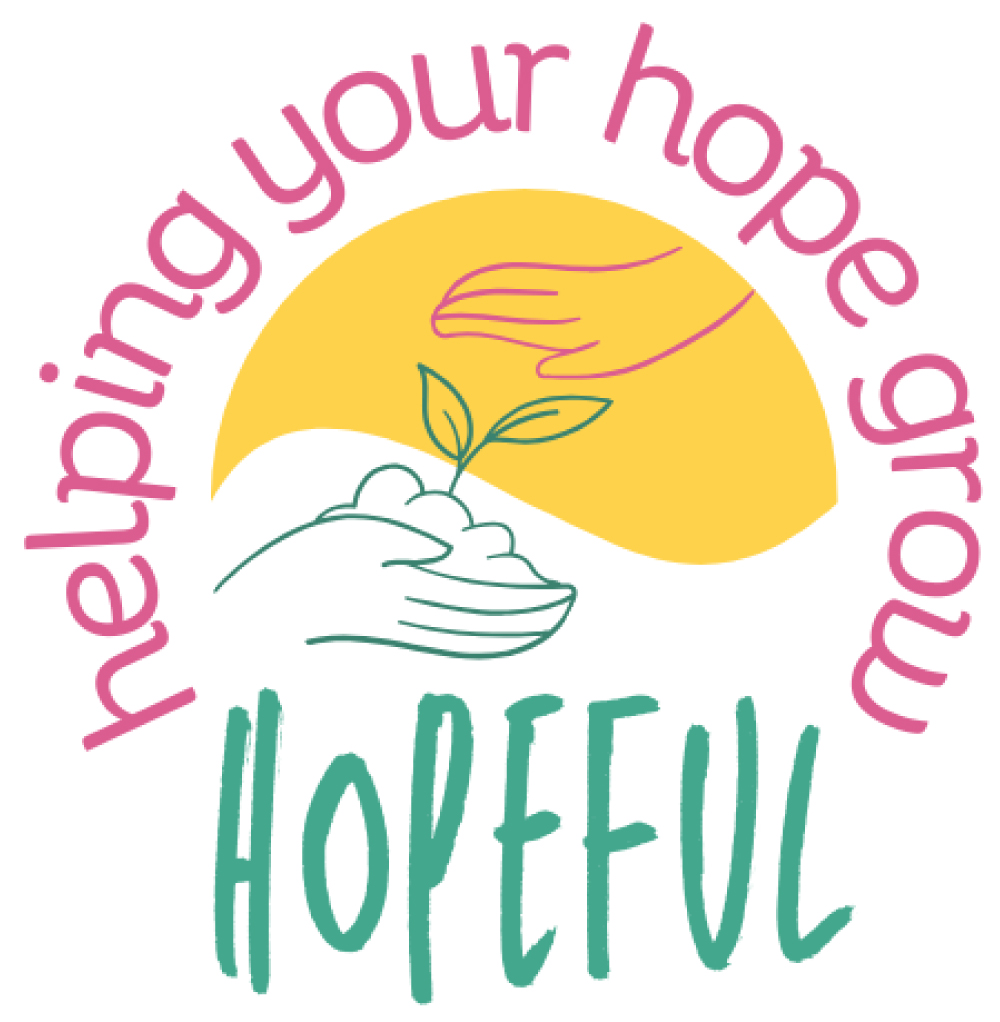The fact that you are here shows that you are motivated to help young people. Whether or not you already have a relationship with someone you intend to mentor, it can really help to have some extra tools to support them to build and maintain their hope. This is what the HOPEFUL mentoring framework below aims to provide. We have called this framework HOPEFUL, just like the name of the intervention package overall, because your relationship with the young person really is a core and powerful part of this intervention. Young people have told us that a consistent relationship with a supportive and understanding person who believes in them really is central to helping them to feel more hopeful.
|
Being Hope-enhancing is about believing in the young person, focusing on their strengths and efforts, gently triggering their sense of hopeful thinking, and encouraging them. |
|
Being Open is about being accepting, curious, and non-judgmental – being genuinely interested in, and led by, the needs and goals that matter to the young person themselves. |
|
Being Patient means continuing to be there and using gentle, respectful persistence to help young people keep working on their hope even when it’s difficult. |
|
Being Engaging means building a meaningful connection with the young person and working together collaboratively. |
|
Being Flexible means using adaptability and creativity to help young people to complete the package in the way that works best for them. |
|
Being Understanding means being sensitive and using empathy so that young people feel heard, validated, and respected. |
|
Being Light-hearted means being playful and active – using humour and fun, being willing to give things a go without taking them too seriously or worrying about the outcomes, and taking sessions outside and making them active where possible. |
The pages above provide a bit more detail about how to use these HOPEFUL mentoring qualities. HOPEFUL mentoring might take a bit of practice and there will be some trial and error – and that’s okay! When things don’t go to plan, take some time to reflect on what happened and speak with whoever supports you.
Remember too that times when things go a little bit wrong actually offer really helpful opportunities. You can use these experiences to show young people that it really is okay to make mistakes. You can use these experiences to help young people to see that people in relationships can work together to resolve problems that come up, and that this often results in understanding each other better.
